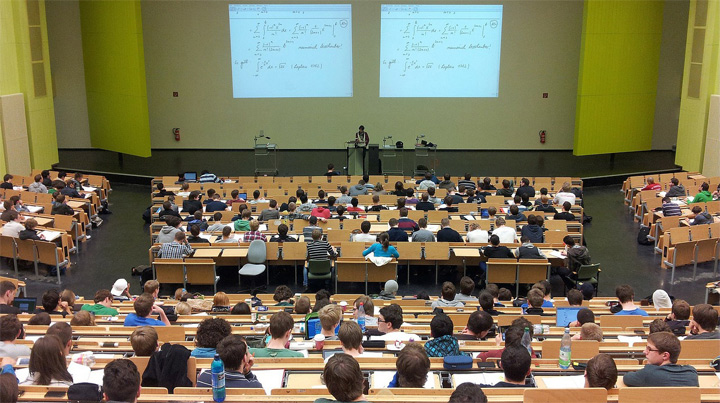
The democracy of universities is a precious asset. Democratic processes allow students, faculty and professors to have influence on the self-administration of the university by being represented by elected individuals on various committees. At the same time, the complexity of university elections also brings about great financial and personal expense.
Many committees and complex election procedures
The student body, student government, Students’ Union, board of trustees, student representatives, advisory boards, Academic Senate …. the committees in English universities are diverse and differ not only in their names.
All of these academic bodies have different tasks, and thus different occupations. This is why certain groups elect their representatives into their own committees, though their votes can also impact the composition of other bodies as well. Furthermore, the allocation of seats in some committees is not proportionate, leading certain groups to have more seats at their disposal than others.
These special traits make university and college elections highly complex. For instance, the various elections of different voter groups must be considered with an individual ballot.
Online voting: Committee elections for the 21st century
The financial and personal expenses of academic elections are significant, especially as the university administration has to organise the election parallel to regular, daily business. Not to mention that elections are held at colleges nearly every year. Many universities are thus looking for opportunities to simplify the voting process.
Holding committee elections online helps lower expenses and costs while simultaneously increasing voter participation. Some universities have already successfully taken this step, and many others are currently very interested in the possibility. For this reason we have compiled some important information about online elections in academic institutions on the page University Elections. There you will also find our guide with many useful tips and legal, organisational and technical requirements for online university elections available for download.